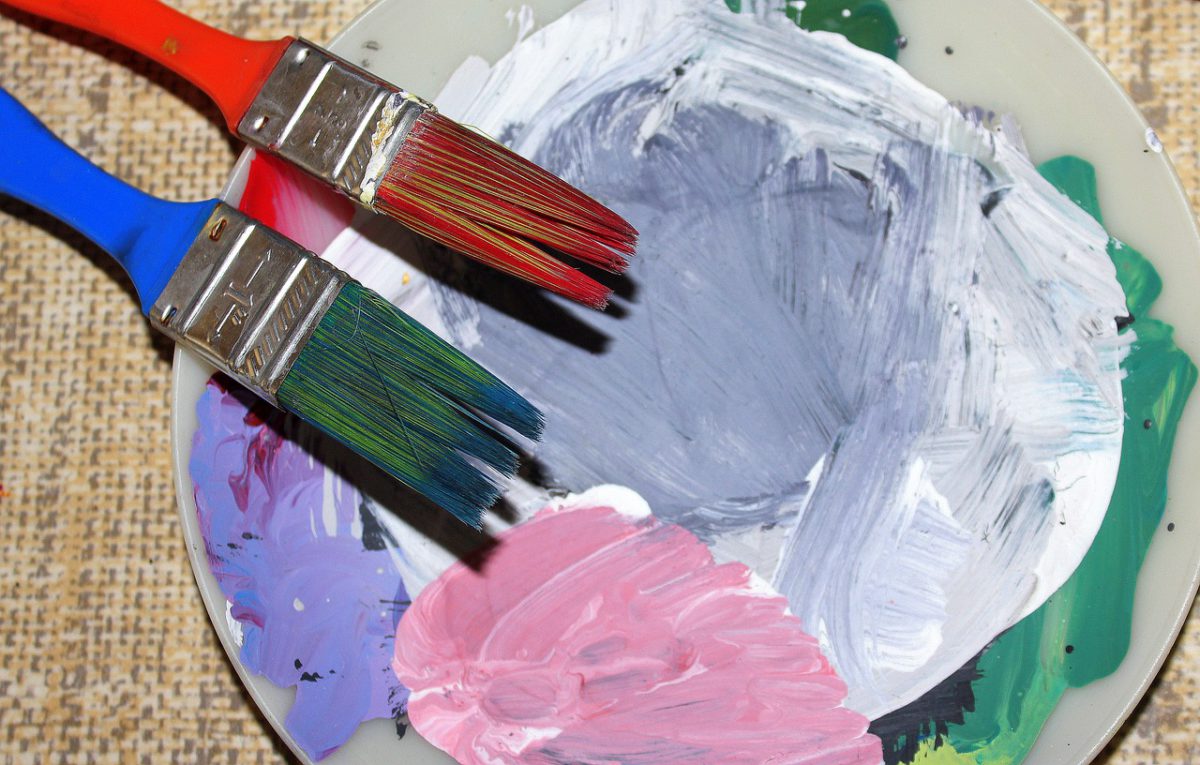
7 Reasons An Art Degree Is A Good Degree
- February 19, 2018
- Laura Clarke
Art is often seen as a ‘soft’ degree that isn’t worth spending £9000 a year on.
The number of students that are applying for a place on art and design courses is falling by 14,000 compared to 2016. However, an arts degree can give you a lot of skills which are highly valuable in the workplace.
Here are seven of the main reasons why you should consider taking an arts degree:
Specialisms
Within art, there are many different avenues to go down. From traditional painting and drawing to the less conventional print works, video, photography and sculpture, there are many ways in which a person can express themselves. So the whole taboo of ‘you must be able to draw to take an arts degree’ is not necessarily true. There really is something for everyone.
Critical Thinking
Creative courses don’t come without their academia. Writing critically is all part of it; but not always through the traditional essay structure.
Blog writing is a common assignment set by art tutors. It allows for the student to explore a more condensed way of writing, but about more academic subject matters.
Critical thinking basically translates as an objective analysis and evaluation of an issue in order to form judgments upon a topic. This skill can be a transferable in everyday life too, such as applying for jobs and other daily tasks.
Independence
The arts itself provides students with more than just creative abilities and opportunities. It can really help with your self-confidence. Presentations might be a little bit few and far between on this course, but you still have to discuss and explain your work.
Having a little confidence in yourself really goes a long way; especially in the art world. Learning to talk about yourself to an audience, without coming across as arrogant, is a great skill to attain and improve upon whilst studying.
Prep for Future Occupations
Sure, it’s important to enjoy the present (the studying and creating itself), but it doesn’t mean that you shouldn’t be thinking about the future. Finding avenues for a career path in the arts might not seem an easy task. However, the career doesn’t have to be directly linked to the course. The skill set that it provides you with can be applied to all manner of different jobs.
It’s Therapeutic
Art can be seen as a form of therapy. In fact, many graduates go on to become art therapists. Therapies include visual art i.e. painting, drawing, colouring etc. Music therapy and drama are also common.
The therapy itself has been proven to work wonders in people’s lives. The expression itself can allow someone to express their feelings and understand their emotions, manage addictions and improve their self-esteem. It can give you an hour away from the stresses and worries modern life has to offer whilst creating something spectacular.
Develop Team-working Skills
It’s seemingly beneficial to have a group of people around when going through the creative process. Ideas are a great thing but become something special when talked about with a group of artists. Different perspectives on issues and contexts are so important when working on a project.
When organising things such as shows and exhibitions, it is very important to be able to problem solve as a team rather than on your own. After all, a problem shared is a problem halved.
Problem Solving
Hosting an exhibition doesn’t come without its difficulties. How you’re going to hang the work or where the piece would work best are not decisions that are to be taken lightly.
Making important decisions is something that is vital to being successful in life during and after university. Having to choose the type of paint or the price of a piece are unavoidable hurdles in the art world.
Knowing how to come up with solutions to these kinds of problems shows that you are not only good with art-related issues but that you analyze where a problem might arise and how to address it accordingly.
Networking
Primarily, the one key to success in the art field is the act of networking. It allows you to develop and build upon your skills of talking to strangers (Being already able to talk about your work will help with this too).
Taking up an opportunity to talk to guest speakers and tutors will help you to build and work on this skill; it takes time after all. If your network gradually throughout your time at university, you never know who might have seen your work and be interested in future job prospects with you included.
After all, it’s not what you know, its who you know.
So the real question is, why are people so averse to an art degree when it clearly provides so much more than just the ability to paint pretty pictures? It is definitely something worth looking into when considering studying a subject at university, even if it isn’t the most conventional degree; it is one of the most beneficial.
Inspiring Interns is a recruitment agency specialising in all the internships and graduate jobs London has to offer.
See our blog on selling your art and what you can do with an art history degree!







